
Entropion is a genetic condition in which a portion of the eyelid is inverted or folded inward. This can cause an eyelash or hair to irritate and scratch the surface of the eye, leading to corneal ulceration or perforation. It can also cause dark-colored scar tissue to build up over the wound (pigmentary keratitis). These factors may cause a decrease or loss of vision.
Entropion is fairly common in dogs and is seen in a wide variety of breeds, including short-nosed breeds, giant breeds, and sporting breeds. Entropion is almost always diagnosed around the time a puppy reaches its first birthday.
The condition or disease described in this medical article can affect both dogs and cats. If you would like to learn more about how this disease affects cats, please visit this page in the PetMD health library.
In toy and brachycephalic breeds of dogs, excess tears (epiphora) and/or inner eye inflammation (keratitis) are common signs of entropion. However, in giant breeds, it is more common to see mucus and/or pus discharge from the outer corner of the eyes. In other breeds of dogs, eye tics, discharge of pus, eye inflammation, or even rupture of the cornea are the usual signs of entropion.
Facial shape is the primary genetic cause of entropion. In short-nosed, brachycephalic breeds of dogs there is more tension on the ligaments of the inner eye than would normally be seen. This, along with the conformation (shape) of their nose and face can lead to both the top and bottom eyelids rolling inward toward the eyeball. Giant breeds have the opposite problem. They tend to have excess slack in the ligaments around the outer corners of their eyes. This permits the outer edges of the eyelids to fold inward.
Repeated bouts of eye infections (conjunctivitis) can cause spastic entropion, which can lead to functional entropion. This can also be caused by other types of eye irritants and is generally the case in breeds that do not normally exhibit entropion. Lastly, inflammation of the chewing muscles or severe weight loss can lead to loss of fat and muscle around the eye socket, which may be another cause for entropion.
Diagnosis of entropion is fairly straightforward through examination. Any underlying causes or irritants should be dealt with prior to attempting surgical correction. Breeders should pay close attention to puppies, especially thos ehtta are prone, and have them checked for entropion if their eyelids do not open by four or five weeks old.
In young dogs secondary problems are addressed first. Ulcerated corneas can be treated with antibiotic or triple antibiotic ointments. If the condition is mild and the corneas are not ulcerated, artificial tears can be used to lubricate the eyes; however, surgery is often required. This is done by temporarily turning the eyelid inward or outward (everting) through suturing. This surgery is done in moderate cases, and when an adult dog with no history of the condition exhibits entropion. In severe cases facial reconstruction will be necessary, but this is generally avoided until the dog has reached adult size.
Entropion requires routine follow-up care, with any medications prescribed by your veterinarian. This may include antibiotics to treat or prevent infection, and eye drops or ointment. In the case of temporary non-surgical solutions, there may be a need to repeat the procedure until the problem has been resolved, or until your dog is old enough for a more permanent solution. If your dog is suffering, or is scratching at the affected eye, you may want to use an Elizabethan collar to prevent your dog from scratching at the eye and making it worse.
As entropion is usually caused by a genetic predisposition, it cannot really be prevented. If your dog is of a breed that is known to be affected with entropion, prompt treatment is your best option once it is diagnosed.
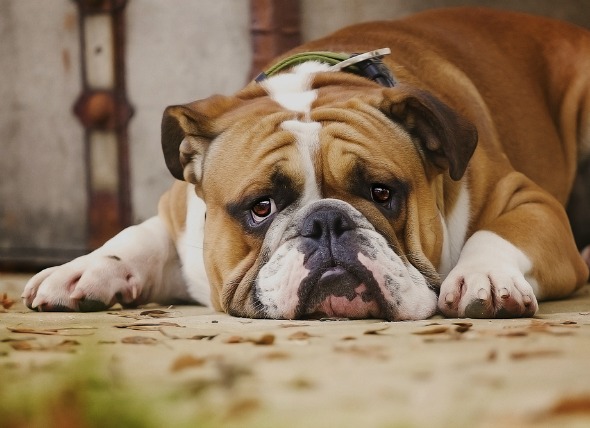 Anemia (Methemoglobinemia) in Dogs
Methemoglobinemia in Dogs
The purpose of hemoglob
Anemia (Methemoglobinemia) in Dogs
Methemoglobinemia in Dogs
The purpose of hemoglob
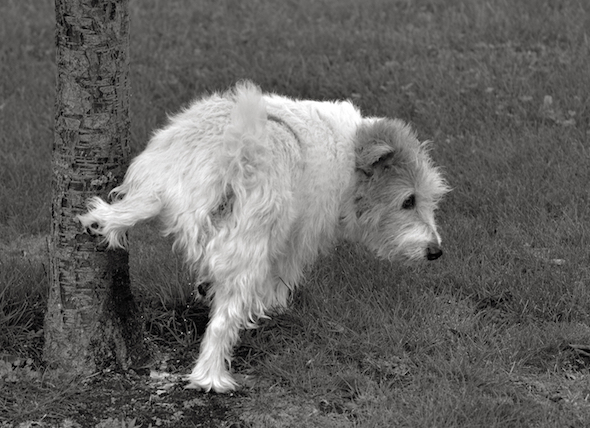 Blood in the Urine in Dogs
Hematuria in Dogs
Hematuria is a condition which
Blood in the Urine in Dogs
Hematuria in Dogs
Hematuria is a condition which
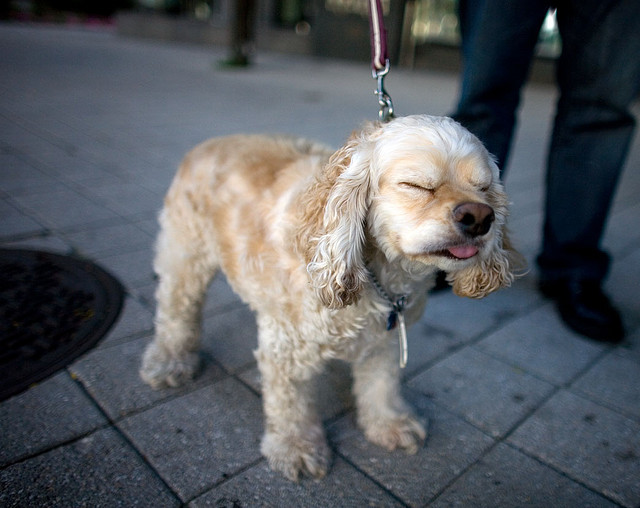 Sneezing, Reverse Sneezing and Gagging in Dogs
Sneezing refers to the normal behavior of expelli
Sneezing, Reverse Sneezing and Gagging in Dogs
Sneezing refers to the normal behavior of expelli
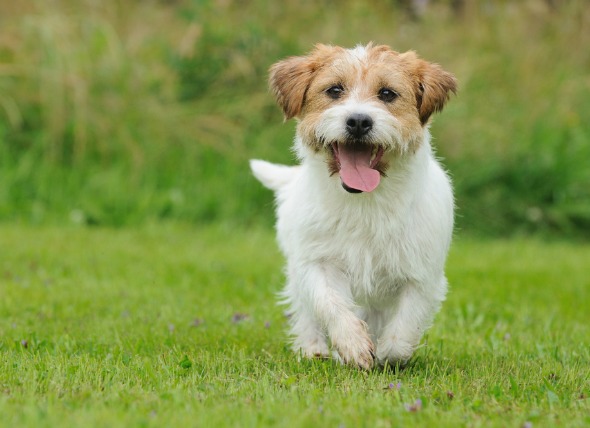 Estrus Symptoms after Spaying in Dogs
Ovarian Remnant Syndrome in Dogs
Surgical removal
Estrus Symptoms after Spaying in Dogs
Ovarian Remnant Syndrome in Dogs
Surgical removal
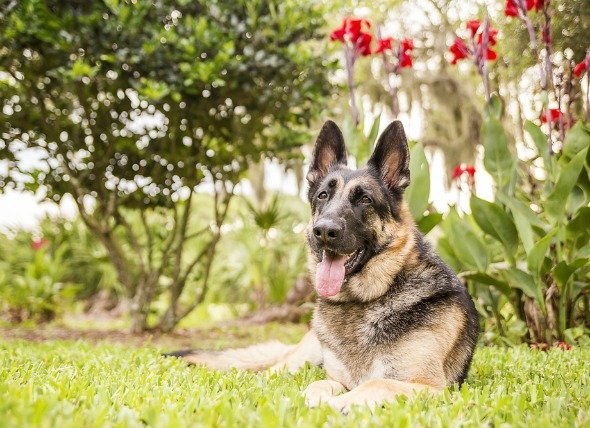 High Blood Pressure in Dogs
Systemic Hypertension in Dogs
More commonly refer
High Blood Pressure in Dogs
Systemic Hypertension in Dogs
More commonly refer
Copyright © 2005-2016 Pet Information All Rights Reserved
Contact us: www162date@outlook.com